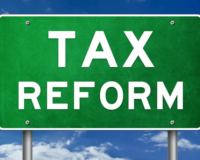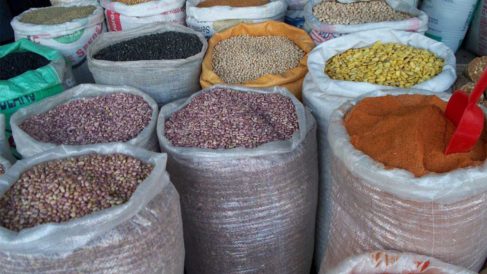The International Monetary Fund, IMF, has said the index weights and basket deployed by the National Bureau of Statistics, NBS, for the monthly consumer price index were extremely outdated.
It noted that what NBS presents does not provide a true representative of expenditure patterns.
In its latest report, titled ”Nigeria: 2022 Article IV Consultation-Press Release; Staff Report; and Statement by the Executive Director for Nigeria,” the IMF stressed the need for the NBS to use new weights from the 2018 National Household Livings Standards, rather than the 2003/04 National Consumer Expenditure Survey.
It warned that outdated weights could lead to bias in the index presented by the NBS.
The IMF also said there was an ongoing effort for an updated producer price index but noted that the funding for it was uncertain, adding that the second African Regional Technical Assistance Centre in West Africa intended to support Nigeria in the CPI update and improvement.
The report read: “The official monthly consumer price index, CPI, a composite of urban and rural price data, is available on a timely basis. However, the index weights and baskets are based on expenditures derived from the 2003/04 National Consumer Expenditure Survey.
”The weights are severely outdated and are not representative of current expenditure patterns. Outdated weights can introduce a bias into the index.
“The update of the CPI—using new weights from the 2018 National Household Livings Standards Survey—is still ongoing.
”The compilation of an updated producer price index is ongoing but funding for the survey is uncertain. AFW2 plans to provide additional technical assistance to support the CPI update and improvements to Nigeria’s price statistics.”
In its most recent ‘Consumer Price Index’ for January 2023, the NBS said in January 2023, the headline inflation rate rose to 21.82 per cent, compared to December 2022 headline inflation rate which was 21.34 per cent.
January 2023’s inflation rate of 21.82 per cent is at 6.22 percentage point increase from January 2022’s rate of 15.60 per cent.
The NBS stated that January’s inflation was driven by increases in the prices of food items such as bread and cereal, potatoes, yam and tuber, vegetables, and meat, and rent.







